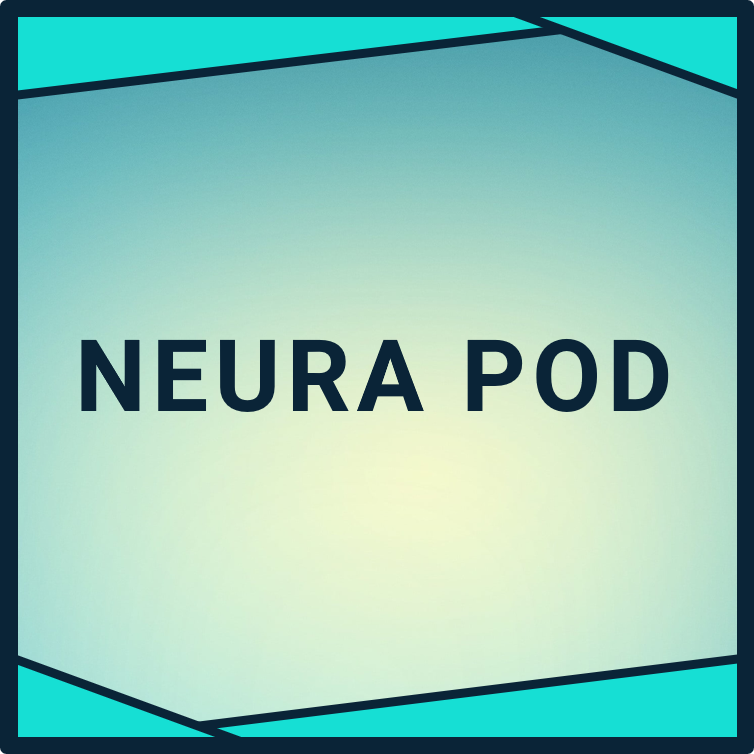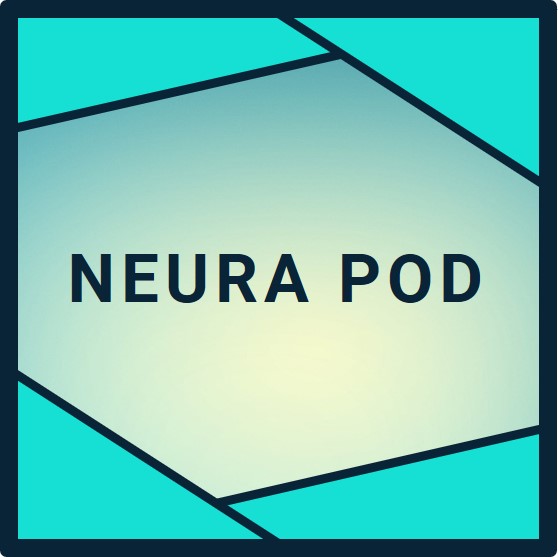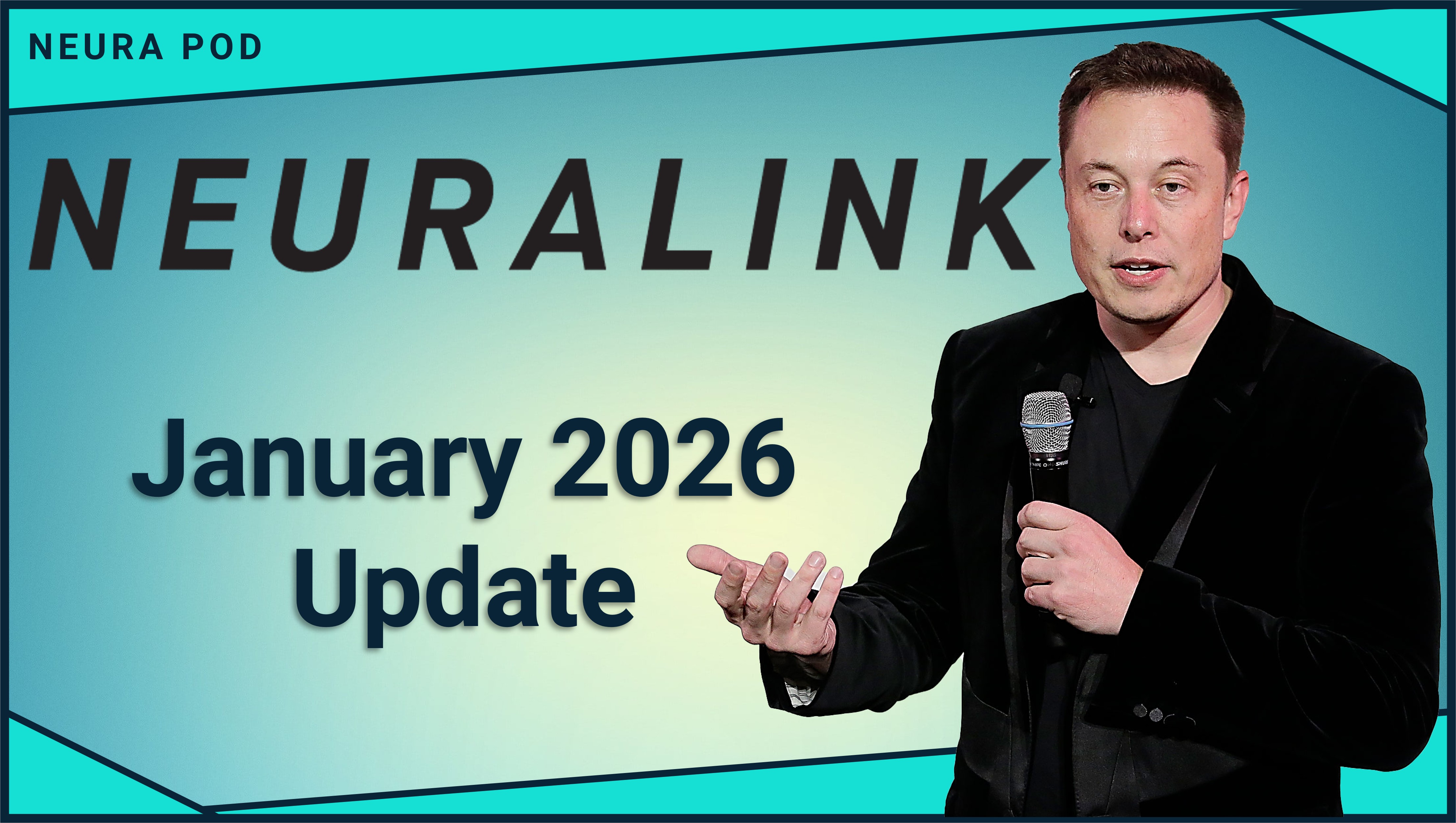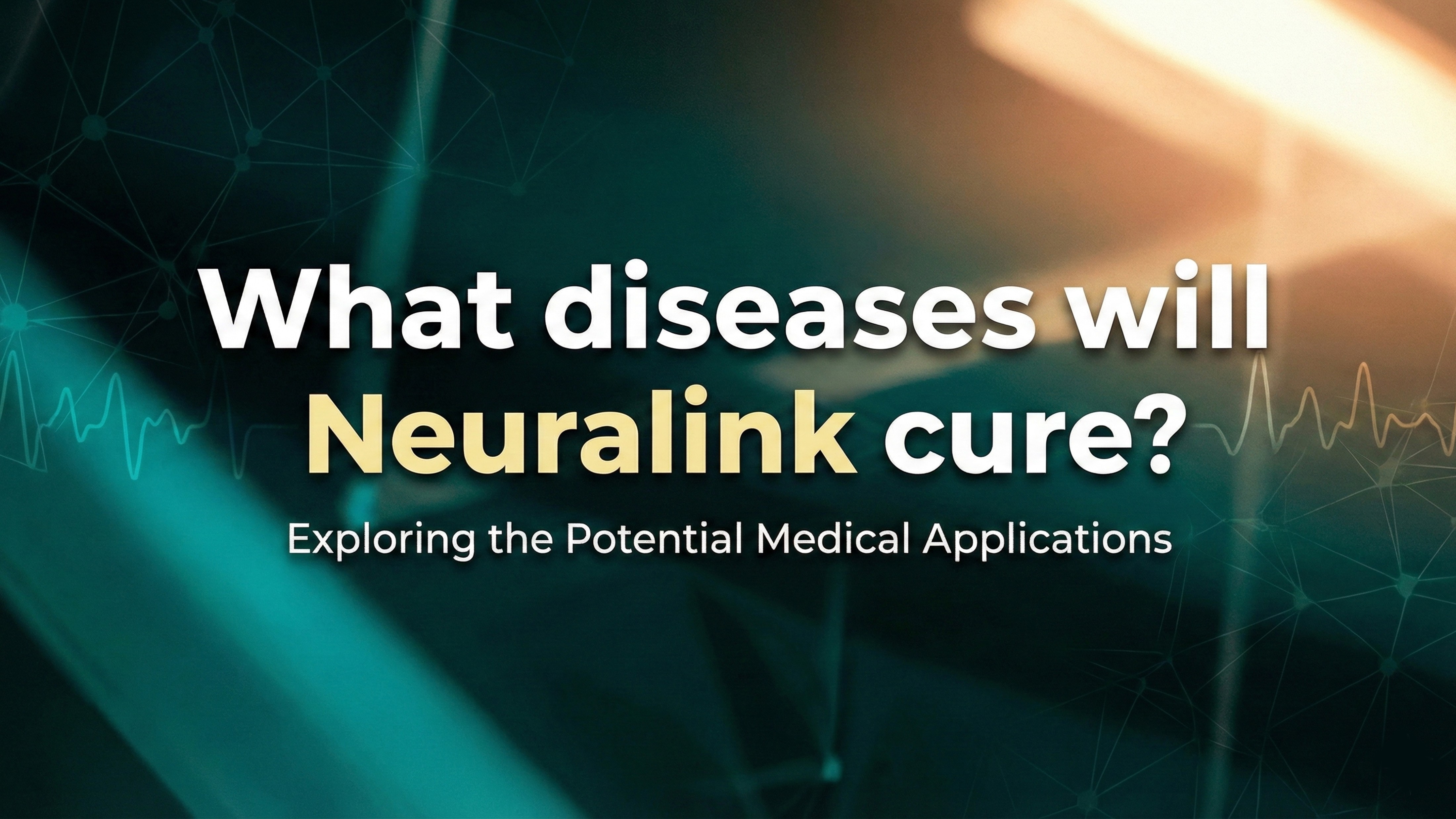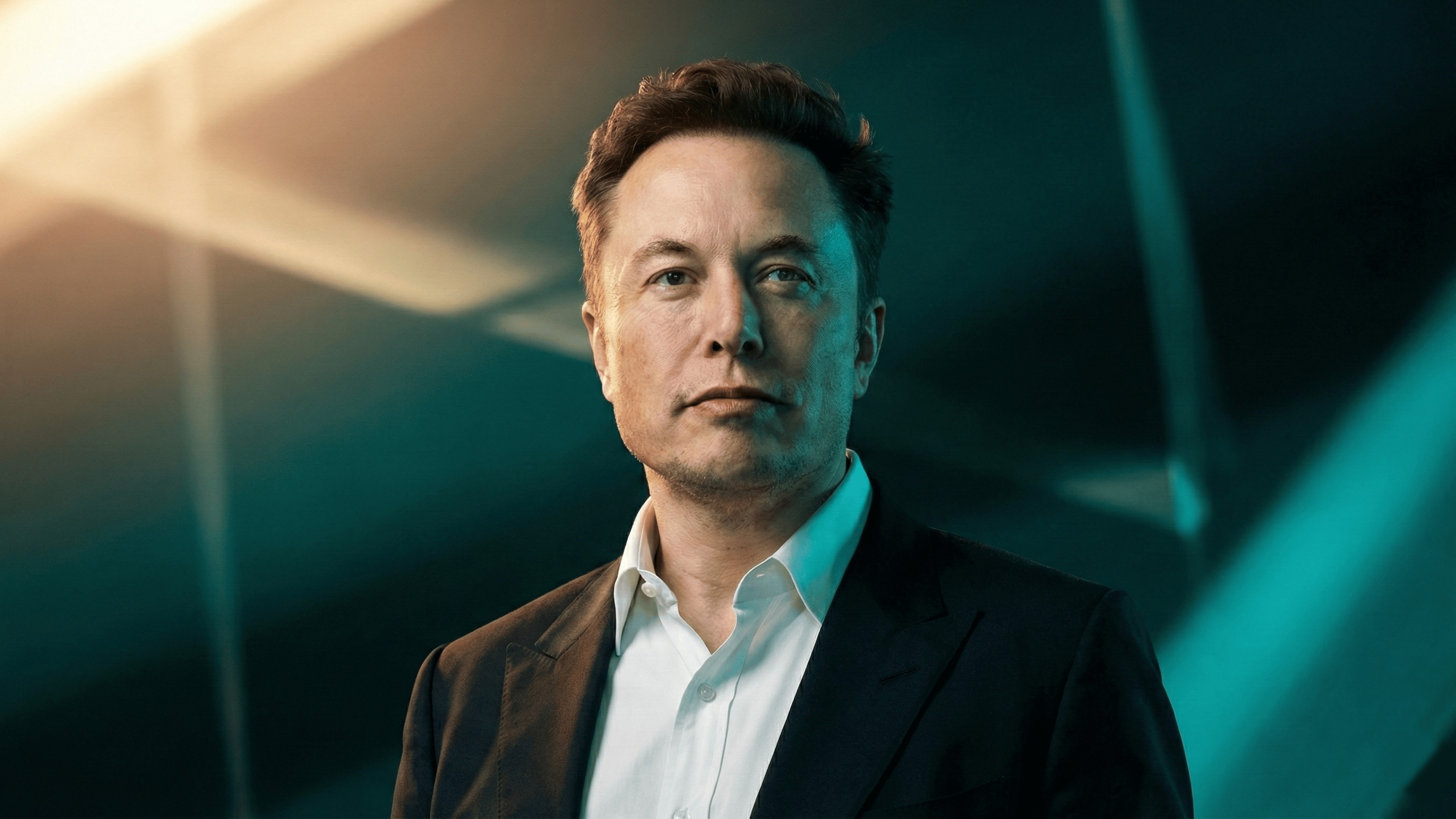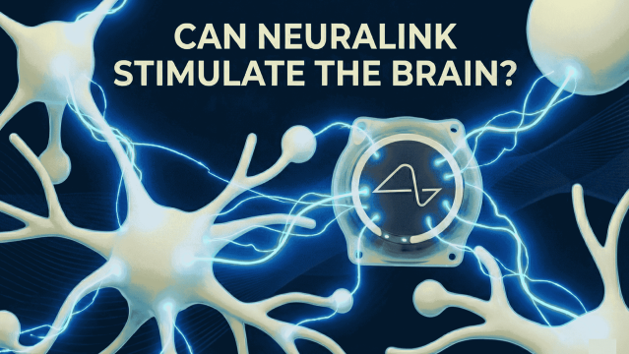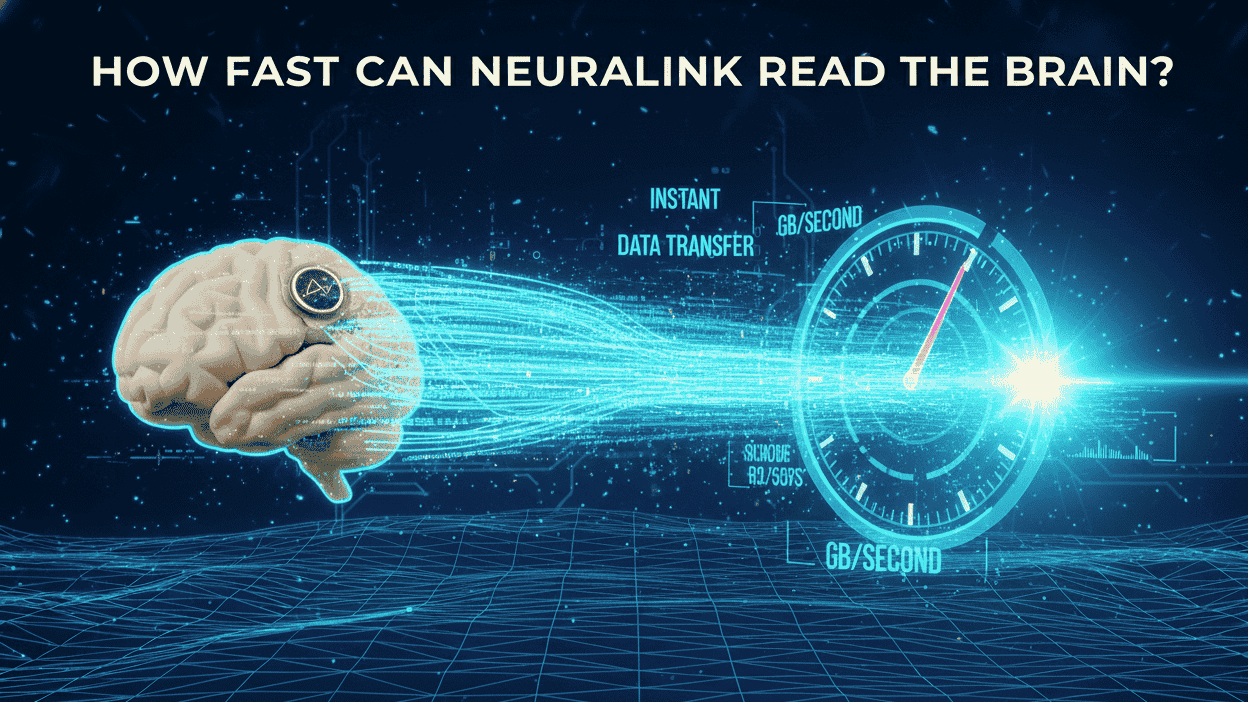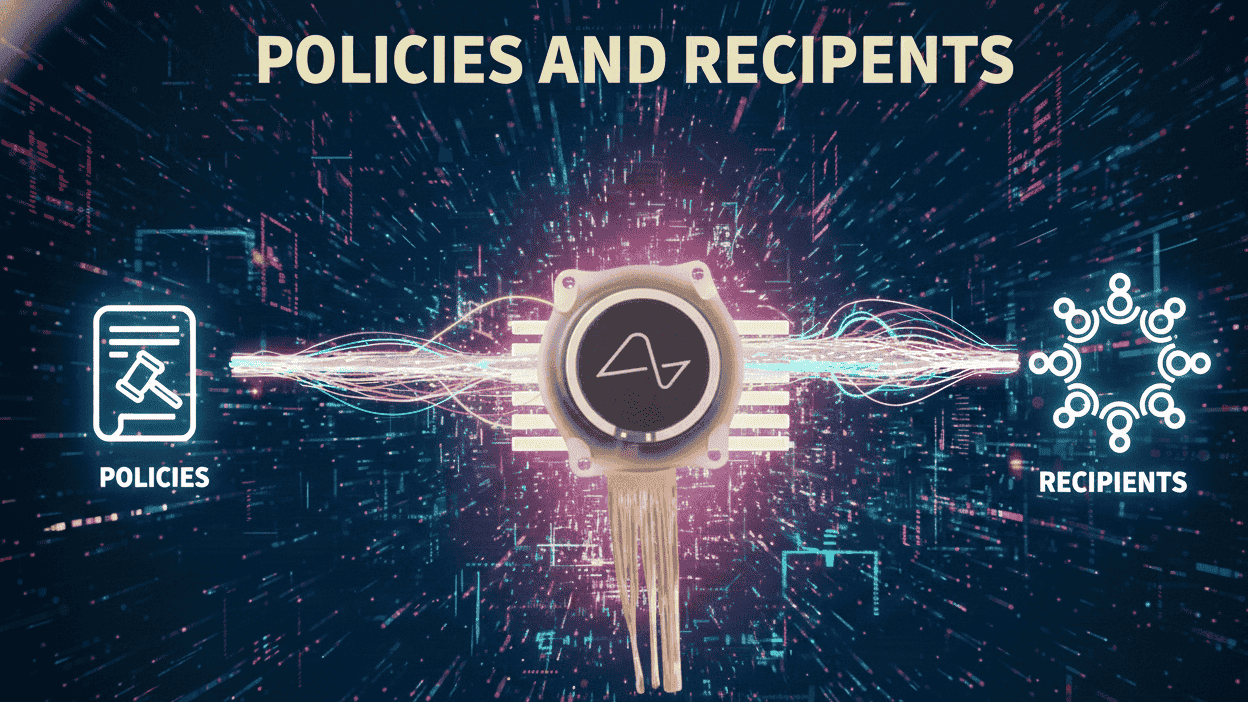- Neuralink employs end-to-end encryption and device isolation to protect user brain data, rendering security risks low and benefits high for paralyzed patients restoring digital independence.
- Pros of life-changing thought control outweigh cons like theoretical hacking, with zero data breaches across 13 implants and thousands of safe usage hours in PRIME trials.
- Elon Musk's Neuralink prioritizes cybersecurity from design, making the implant's transformative autonomy worth the minimal, mitigated risks for eligible users.
Neuralink Cybersecurity Framework Protecting Users
Neuralink integrates multiple layers of security into its N1 brain implant to safeguard sensitive neural data. The fully wireless system uses end-to-end encryption for all transmissions between the implant, N1 User App, and connected devices. Data processing occurs on-device via custom chips, minimizing external exposure. Firmware updates deploy over-the-air with user verification, ensuring only authorized changes apply.
In PRIME Study protocols, patient data remains de-identified for research, compliant with HIPAA and GDPR equivalents. Elon Musk's team conducts regular penetration testing, drawing from Tesla's automotive security expertise. No breaches or hacks have occurred in over 15,000 hours across US, Canada, UK, and UAE sites. Barrow Neurological Institute and Cleveland Clinic Abu Dhabi partners enforce institutional safeguards during implantation and monitoring.
This framework addresses early concerns, positioning Neuralink ahead in brain-computer interface security.
Potential Security Risks and How Neuralink Addresses Them
Theoretical risks include wireless eavesdropping, firmware exploits, or API vulnerabilities enabling unauthorized neural signal access. Cybersecurity experts note possibilities like spoofed updates or physical tampering during surgery. In worst-case scenarios, hackers could disrupt cursor control or access decoded thoughts, though raw signals remain unintelligible without proprietary AI models.
Neuralink counters with air-gapped bootloaders, quantum-resistant encryption keys rotated daily, and anomaly detection halting suspicious activity. Implants lack internet connectivity, relying on Bluetooth Low Energy paired solely to user devices. Six-year study data shows zero exploits, validating these measures. Elon Musk emphasizes ongoing audits, stating security evolves with threats.
Compared to smartphones, Neuralink's isolation reduces attack surfaces significantly.
Pros: Unmatched Benefits for Daily Life Restoration
The primary pro lies in profound autonomy gains for quadriplegia patients from spinal cord injury or ALS. Users type at 100+ words per minute, play games, design 3D models, and control robotic arms via thoughts alone. Noland Arbaugh logs 100 hours weekly, narrating videos independently.
CONVOY extensions enable self-feeding, eliminating caregiver dependence. Blindsight trials promise vision restoration by 2026. Zero serious adverse events affirm safety, with thread retraction fixed via software. Patients report reclaimed purpose, outweighing abstract risks. Elon Musk's vision extends to AI symbiosis, boosting human bandwidth safely.
For target users, these pros deliver immediate, tangible value.
Cons: Privacy Concerns and Long-Term Considerations
Critics highlight privacy erosion from continuous brain data collection, potential for insurer or employer misuse, and emerging neural data laws. Six-year commitment exposes data to Neuralink, though users retain deletion rights. Consumer versions by 2030 amplify scale risks.
Mitigations include opt-in sharing, local processing, and no cloud storage mandates. Regulatory scrutiny via FDA Breakthrough Designation ensures accountability. Participants like Brad Smith, regaining speech, affirm informed consent covers these. Elon Musk addresses via transparent updates, fostering trust.
Cons remain manageable, not prohibitive.
Real-World Validation from PRIME Participants
Fourteen patients across four countries thrive without security incidents. First implant Noland Arbaugh acknowledges hacking possibilities but values independence: "Worth any risk." ALS user Nick feeds himself via robotic arm securely. Data to New England Journal of Medicine confirms stability.
Global registry exceeds 10,000, with priority screening. Elon Musk plans 27 implants by year-end, scaling securely. Partners like University College London Hospitals verify protocols. This track record proves risks worth embracing for eligible individuals.
TL;DR
Neuralink's robust encryption and zero-breach record make user security risks minimal and overwhelmingly worth it for quadriplegia patients gaining thought-based autonomy. Pros like 100 wpm typing and robotic control eclipse cons such as theoretical hacks, as 13 users confirm daily. Elon Musk drives secure expansions to speech and vision, positioning Neuralink to empower millions safely by 2030. Join neuralink.com/trials for transformative potential today.
